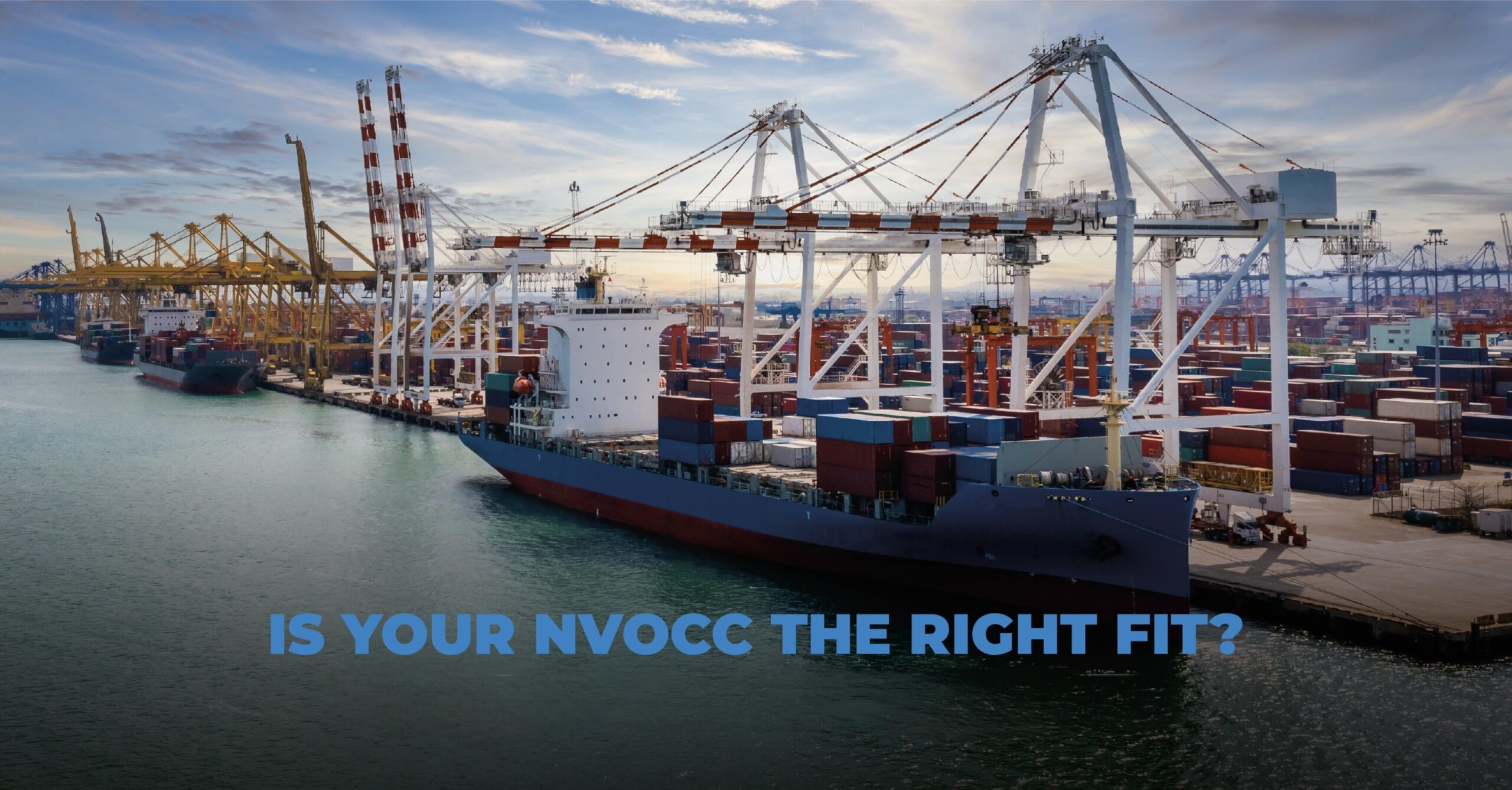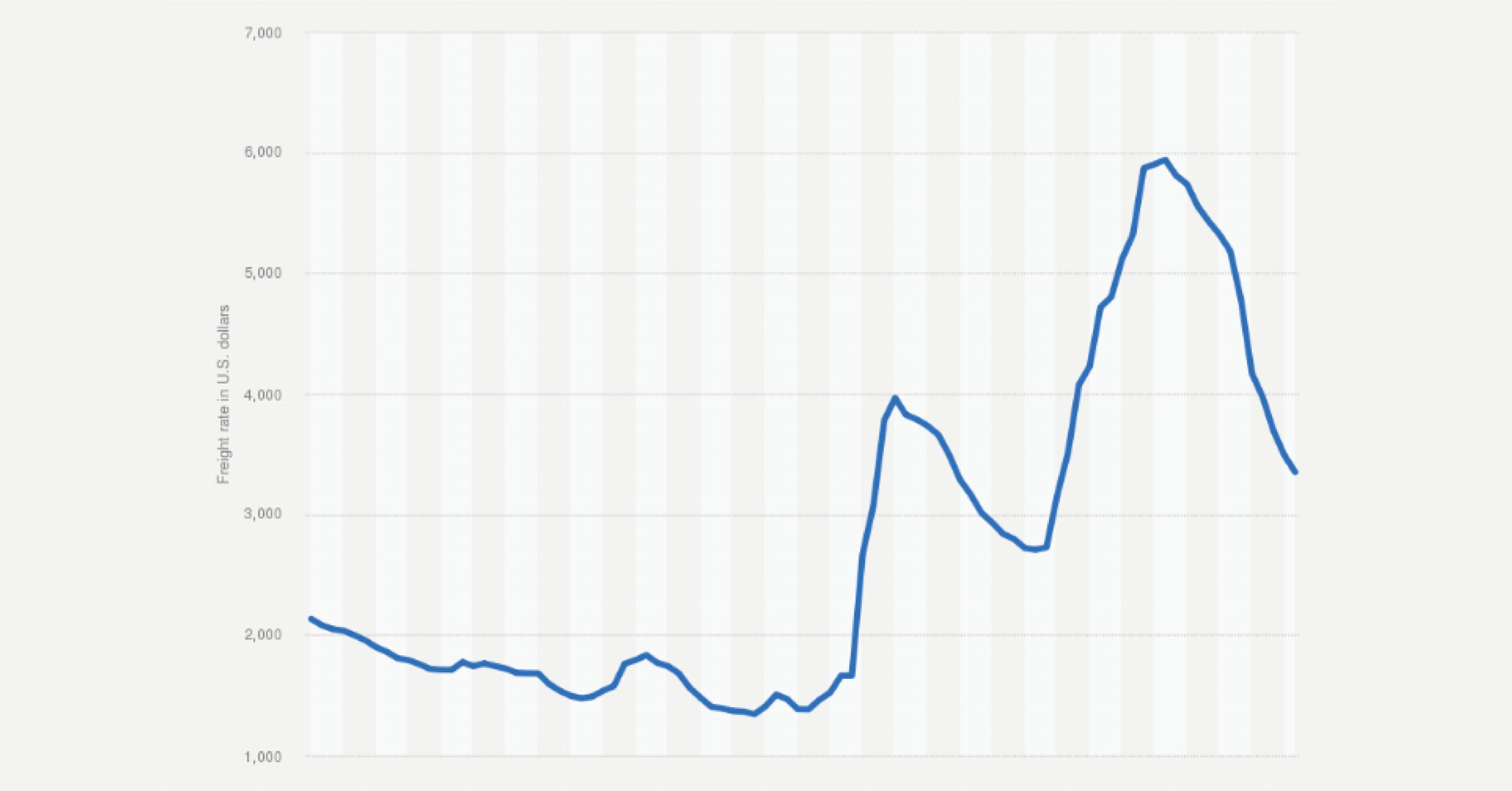The world of freight forwarding, long characterized by manual processes and paper-based documentation, is undergoing a seismic shift driven by technological innovation. From digitization and automation to blockchain and artificial intelligence, a wave of transformative technologies is revolutionizing the way goods are shipped, tracked, and managed across the globe. These innovations promise to streamline operations, enhance transparency, and drive efficiency throughout the freight forwarding process, ushering in a new era of agility and responsiveness in global logistics.
One of the most significant innovations in freight forwarding is the widespread adoption of digital platforms and online marketplaces. These platforms connect shippers with carriers and freight forwarders, facilitating the seamless booking and management of shipments in real-time. By leveraging cloud-based technologies and digital ecosystems, companies can access a global network of logistics providers, compare rates, track shipments, and manage documentation with unprecedented ease and efficiency. Digital platforms also enable greater visibility and transparency throughout the supply chain, empowering stakeholders to make informed decisions and respond quickly to changing market conditions.
Automation is another key innovation reshaping the freight forwarding industry. Robotic process automation (RPA), machine learning, and natural language processing (NLP) are being deployed to automate repetitive tasks such as data entry, invoice processing, and customs documentation. By automating these manual processes, companies can significantly reduce errors, improve accuracy, and free up valuable human resources to focus on higher-value activities. Automation also enables greater scalability and flexibility, allowing freight forwarders to adapt quickly to fluctuations in demand and optimize resource allocation for maximum efficiency.
Blockchain technology is also making waves in freight forwarding, promising to revolutionize the way transactions are recorded, tracked, and verified throughout the supply chain. By providing a decentralized, immutable ledger of transactions, blockchain enables greater transparency, traceability, and security in freight forwarding operations. Smart contracts, self-executing contracts coded onto the blockchain, automate contractual agreements and streamline payment processes, reducing the risk of disputes and delays. Blockchain also enhances trust and collaboration between stakeholders, enabling seamless coordination and information sharing across disparate systems and organizations.
Artificial intelligence (AI) is another game-changing technology driving innovation in freight forwarding. AI-powered predictive analytics and forecasting algorithms help companies anticipate demand, optimize inventory levels, and mitigate supply chain disruptions. Natural language processing (NLP) enables intelligent document processing, extracting key information from unstructured data sources such as emails, contracts, and invoices. AI-driven chatbots and virtual assistants provide round-the-clock support to customers, answering queries, providing status updates, and resolving issues in real-time. By harnessing the power of AI, freight forwarders can enhance decision-making, improve customer service, and drive operational excellence across the supply chain.
In addition to technological innovation, sustainability is emerging as a key focus area for innovation in freight forwarding. With growing awareness of the environmental impact of logistics operations, companies are increasingly seeking sustainable solutions to reduce emissions, minimize waste, and conserve resources. Electric vehicles, alternative fuels, and renewable energy sources are being embraced to reduce the carbon footprint of transportation and warehousing activities. Advanced analytics and optimization algorithms are being used to optimize routing and minimize empty miles, reducing fuel consumption and greenhouse gas emissions. Eco-friendly packaging materials, reusable containers, and efficient warehouse design are also being adopted to minimize waste and enhance resource efficiency throughout the supply chain.
In conclusion, the freight forwarding industry is undergoing a period of rapid transformation driven by technological innovation. Digital platforms, automation, blockchain, artificial intelligence, and sustainability initiatives are reshaping the way goods are shipped, tracked, and managed across the globe. By embracing these innovations, companies can unlock new levels of efficiency, transparency, and sustainability in their logistics operations, gaining a competitive edge in an increasingly complex and dynamic global marketplace. As the pace of innovation accelerates, the future of freight forwarding promises to be more agile, responsive, and interconnected than ever before.
In an ever-evolving industry, RSL Container Lines remains at the forefront of innovation. The company invests in research and development to stay ahead of emerging trends and technologies, ensuring that its services consistently meet and exceed industry standards. RSL Container Lines stands as a beacon of efficiency and reliability in the global shipping industry. Through advanced technology, customization, sustainability, global reach, and customer-centricity, the company has positioned itself as a key player in facilitating the seamless and secure movement of goods across borders.






